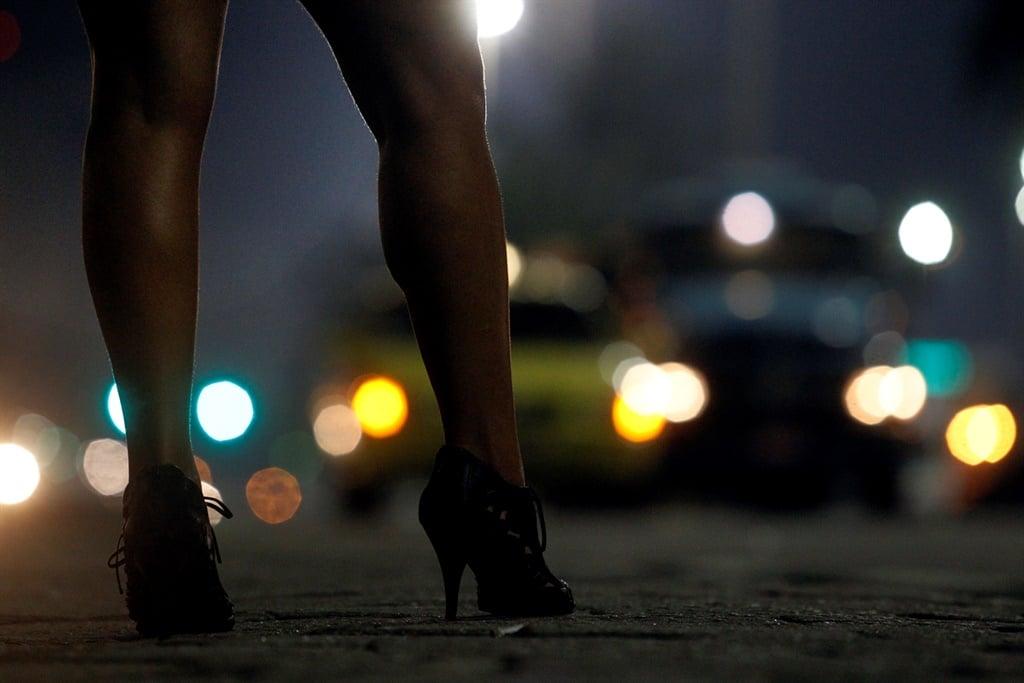Africa-Press – South-Africa. Cabinet has approved the publishing of a bill for public comment that could essentially decriminalise sex work – a move that sex worker advocacy groups say will transform sex workers’ lives.
The new legislation will not only mean sex workers will no longer be at risk of being arrested for working, but will also have improved access to public and financial services, according to advocacy groups.
Last week, Cabinet gave the green light for the Criminal Law (Sexual Offences and Related Matters) Amendment Bill of 2022 to be put to the public for their input. The bill repeals the Sexual Offences Act (previously Immorality Act), and Section 11 of the Criminal Law (Sexual Offences and Related Matters) Amendment Act, 2007, to decriminalise the sale and purchase of adult sexual services.
The bill forms part of the government’s plan to tackle gender-based violence and femicide (GBVF).
A Cabinet statement read: “The proposals of this bill respond to the list of interventions proposed in pillar 3 (protection, safety and justice) of the National Strategic Plan on GBVF, which enjoins the criminal justice system to provide protection, safety and justice for survivors of GBVF, and to effectively hold perpetrators accountable for their actions. Once passed into law, it will protect sex workers against abuse and exploitation.”
The legislation has been a long time coming, advocacy groups said.
In 2016, President Cyril Ramaphosa, then-deputy president and chair of the South African National Aids Council, promised to look into legislation to ensure that sex workers received human rights and social justice. He stated that sex workers could not be denied their humanity and their right to dignity.
In March 2019, Ramaphosa committed to the decriminalisation of sex work at the signing of the GBVF Declaration.
Women’s Legal Centre (WLC) attorney Chriscy Blouws said the centre had been working with sex workers and organisations that provided services and promoted human rights for sex workers since 2008.
“We have advocated for the full decriminalisation of sex work because we believe that the current system of criminalisation is based on outdated morality laws and patriarchal principles and that the rejection of women’s bodily autonomy is not in compliance with the rights to equality, dignity, the freedom and security of the person and the right to safety and security and control over one’s body; and the right to freedom of trade and to choose one’s profession,” she said.
Blouws said the state had an obligation to take proactive action to recognise the inequality and discrimination sex workers faced.
“We are hopeful that this proposed bill is one of the ways to eradicate such discrimination and will help us achieve substantive equality for women who conduct sex work,” she said.
“While we remain hopeful, we wait in anticipation to have sight of the full amendment bill, so we are able to properly apply ourselves to the full ambit of the bill and make further submissions to the Department of Justice.”
Katelego Rasebitse, of the National Sex Workers’ Movement, said advocacy groups had been lobbying for decriminalisation for more than a decade.
He added that while the bill fell under the government’s gender-based violence response, the advocacy for sex workers’ rights should be seen as a movement of its own.
He said:
Sisonke Gender Justice advocacy officer, Zintle Tsholwana, said the bill was incredibly important and could prevent crimes against sex workers.
“Changing the law is a matter of life and death, especially if you look at the recent murder of six sex workers in Johannesburg,” she said.
In October, six decomposed bodies were found in a panel-beating workshop in the Johannesburg inner city. The women were believed to have been sex workers.
Tsholwana added that the organisation had been lobbying for more than a decade for the full decriminalisation of sex work based on research that showed that partial decriminalisation still led to rights violations for sex workers.
“Decriminalising sex work will allow sex workers to report violence and other rights violations to the police without fear of being arrested. It will also prevent discrimination at healthcare facilities. When it gets passed, it will have an incredible impact on sex workers. They will be able to access home loans and open bank accounts. It will really impact every sphere of their lives.”
For More News And Analysis About South-Africa Follow Africa-Press






